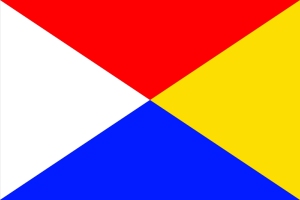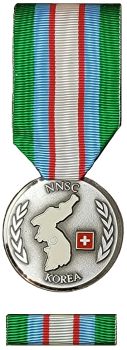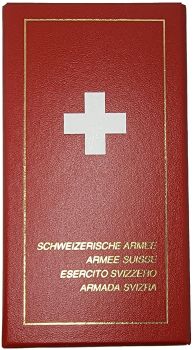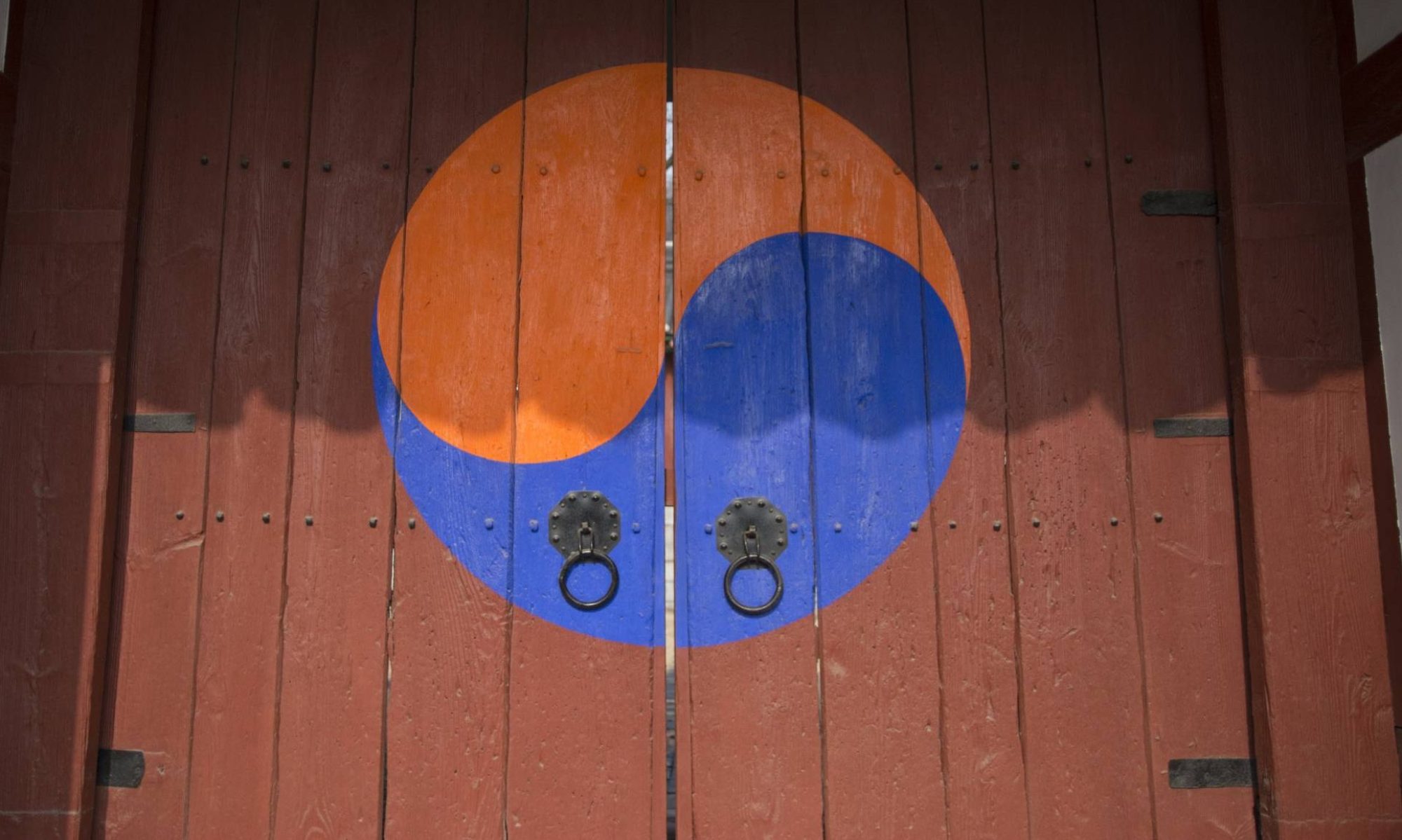
NNSC
The Neutral Nations Supervisory Commission (NNSC) 中立國 監督委員會 (중립국 감독위원회) was established by the Korean Armistice Agreement, signed July 27, 1953. It was, with the assistance of the Military Armistice Commission, part of the mechanism regulating the post-war relations between the Democratic People’s Republic of Korea and the Republic of Korea.
The mission of the NNSC was to carry out inspections and investigations to ensure implementation of sub-paragraphs 13(c) and 13(d) of the Armistice. These sub-paragraphs were a preventative measure to stop reinforcements being brought into the Korea peninsula. This included both additional military personnel and/or new weapons, but allowed for the replacement of damaged or worn out equipment. Reports were to be made to the Military Armistice Commission.
According to the Armistice, the NNSC was to be composed of four senior officers. Two of whom were to be appointed by neutral nations nominated by the United Nations Command (UNC) and two of whom were to be appointed by neutral nations nominated jointly by the Korean People’s Army (KPA) and the Chinese People’s Volunteers (CPV). The term “neutral nations” was defined as nations whose combat forces did not participate in any hostilities during the Korea War. The United Nations Command chose Switzerland and Sweden, while the Korean People’s Army and Chinese People’s Volunteers chose Czechoslovakia and Poland. NNSC delegates are neither UN blue helmets nor UN military observers (blue berets). During the Korean conflict in 1950, the UN asked its members to support South Korea and provide troops to fight alongside South Korea. Because of this, the UN is not considered a neutral third party in the Korean conflict, but is considered a warring party. As such, it cannot participate in peace talks.
The first meeting of the NNSC took place on August 1, 1953.
Czechoslovakia and Poland
Following the collapse of communism, Czechoslovakia and Poland joined NATO (both later becoming full NATO partners in 1999). The dissolution of Czechoslovakia into the Czech Republic and Slovakia in 1993, led to the formal expulsion of Czechoslovakia from the NNSC. Because of this, North Korea believed the NNSC had lost its neutrality, and took the view that the NNSC had collapsed. North Korea expelled the Czech component in 1993. On April 28, 1994, the North Korean People’s Army (NKPA) stated in a memorandum that it considered the NNSC dissolved, and demanded the withdrawal of Poland’s delegation which was expelled in 1995. Even with no remaining permanent presence on the in North Korean, Poland remains a formal member of the NNSC, and delegates travel to South Korea several times a year to attend NNSC meetings, which the NNSC regards as legitimizing its position with 75% of the original delegations still intact.
In 2013, on the occasion of the 60th anniversary of the armistice signing, the Embassy of the Czech Republic in South Korea organized a series of events to commemorate Czechoslovakian participation in the NNSC.


Switzerland
On July 7, 1953, the Swiss Federal Council authorized its Department of Defense to deploy armed military personnel to join the NNRC (Neutral Nations Repatriation Commission in Korea) and the NNSC (Neutral Nations Supervisory Commission in Korea). On August 1, 1953, the first Swiss NNSC delegation arrived in Korea. The NNRC terminated its work at the end of February 1954, having completed its mission of facilitating prisoner exchanges. And while the NNSC still exists today, its duties have changed over the years. The Swiss Armed Forces support the NNSC with five unarmed officers, who are stationed in Panmunjom.
The Federal Department of Foreign Affairs (FDFA) is responsible for Switzerland’s contribution to the NNSC and, formally, elects the head of the delegation. He or she is given the rank of major general for the duration of their service by the Federal Council, and is usually appointed for three to five years. The other four delegates are professional military officers, with ranks ranging from major to colonel. They voluntarily commit to a one to two-year mission abroad to support the Swiss Armed Forces’ military peace promotion. The Swedish delegation describes its current task as maintaining the validity of the truce mechanism. It describes the NNSC as currently having ongoing contact with the United Nations Command, but no contact with North Korea.
Sweden
The Swedish Armed Forces website states simply: “The NNSC has ongoing contact with South Korea. There is, however, currently no contact with North Korea.” Sweden has diplomatic missions both in South and North Korea, but doesn’t work in a NNSC capacity in North Korea. On June 21, 2021, Maj. Gen. Hibbe Corneliusson, the Swedish member of the Neutral Nations Supervisory Commission (NNSC), stated in an interview with Korea’s Yonhap News Agency that the DMZ should be kept stable to prevent an escalation in tensions from becoming uncontrollable. He also stated that, over a thousand Swedish officers have served in the NNSC since 1953, and that the bottom line for Sweden, is that they have a long-term commitment to be in Korea, thus helping to keep peace on the peninsula.
Present day
The South Koreans consider the Neutral Nations Supervisory Commission a facade, maintained only because of apprehension about the vacuum which would occur if it were abolished.
Since 1995, North Korea has not recognized the existence of the NNSC. The Swedish and Swiss delegations continue to submit reports on South Korean troop movements to North Korea, which are ignored. Poland continues to attend NNSC meetings, although it can no longer observe troop movements in North Korea. In 2014, the practice of opening the NNSC conference hut door onto North Korean territory to indicate a new report was available stopped, as North Korea indicated it was an “offensive gesture”.
The NNSC continues to monitor troop levels in South Korea, and monitor the large U.S. and South Korean annual military exercises. Whenever North Koreans enter South Korea, NNSC members may interview them to determine whether they want to be repatriated or defect to the South. Occasionally, the NNSC participates in UNC Military Armistice Commission investigations, such as South Korea’s actions during naval skirmishes with the North. Representatives of Poland, Sweden and Switzerland, as member States of the Neutral Nations Supervisory Commission (NNSC) in Korea, met in Geneva on June 29-30, 2021 for their annual consultations. The 2020 consultations had to be postponed due to the Covid-19 pandemic. They published a Joint Statement on June 30, 2021. Among other affirmations, the NNSC Member States reaffirmed that denuclearization must be achieved and reiterated that the only way to bring about lasting stability in the region is by establishing a permanent peace arrangement on the peninsula.
